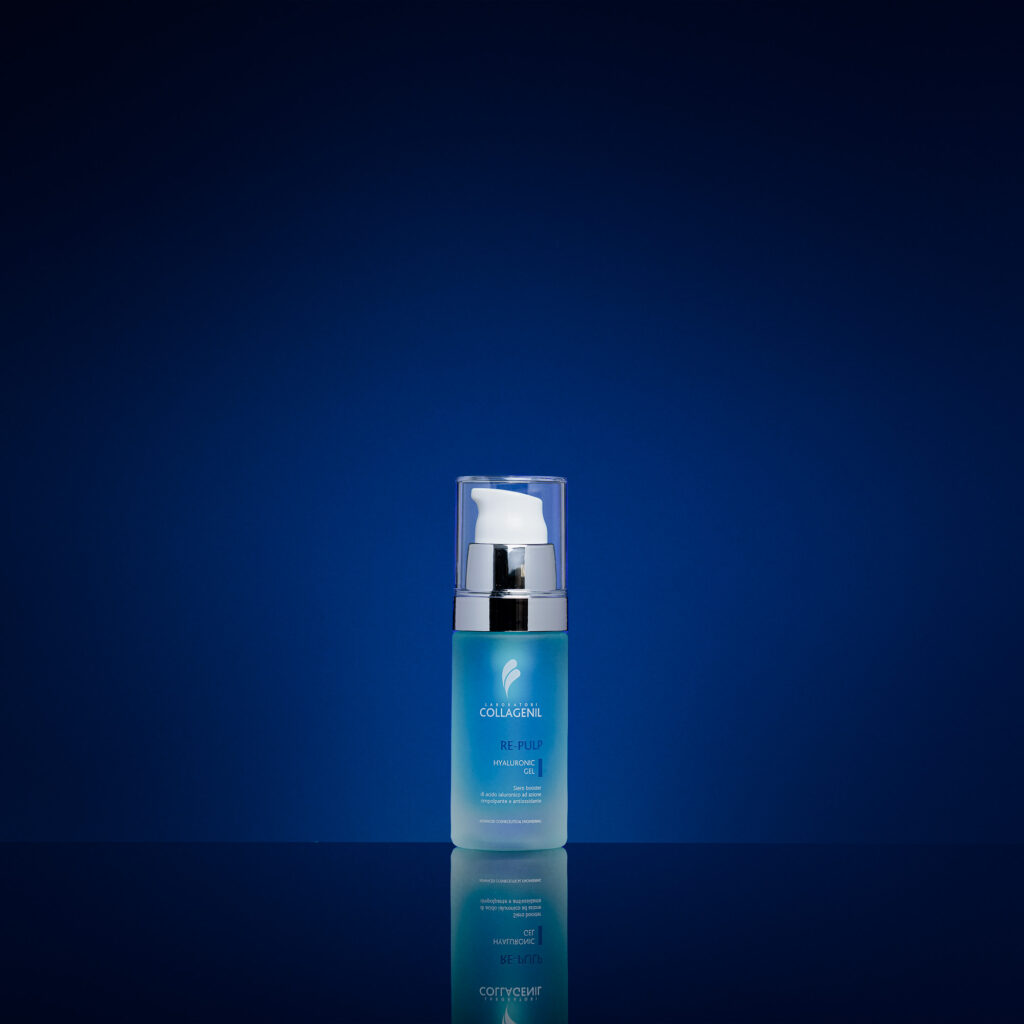In September, hydration is the watchword. The skin needs to replenish with water to restore its optimal balance, which is put to the test during the summer. Skin tissue is constantly looking for new balances to counteract the action of external agents.
Exogenous factors such as sun and air conditioning, cold, wind, and heat can promote dryness of the skin, which becomes more sensitive and loses elasticity. The role of cosmetics, particularly the functional actives in cosmeceuticals, is precisely to support the maintenance or restoration of the optimal conditions that promote healthy skin.
Hydration should not be confused with the need to nourish the skin. What is the difference? Hydration is about the skin’s water reserves being supported with humectants, while nourishment is about keeping the hydrolipid barrier undamaged, which is about its lipid component.
After summer, the skin will be mostly dehydrated, a condition that causes the appearance of fine lines, lack of elasticity, a duller appearance, and a “skin pulling” feeling, especially after cleansing.
The power of hyaluronic acid
Hyaluronic acid, a substance that already exists in our bodies and is, therefore, perfectly biocompatible, is the best moisturizer because of its ability to draw water. There are two types of hyaluronic acid: high and low molecular weight.
When it is high molecular weight, it acts as a protective barrier for the skin, preventing the skin from losing water, dehydrating, and drying out; while when it is low molecular weight, it is able to penetrate deeper while also stimulating collagen synthesis, which is important for giving firmness to the skin with a plumping effect.
For a hydration boost, the recommended product is Collagenil Hyaluronic Gel. This is a cosmeceutical suitable for all skin types, with plumping and antioxidant action. A real booster to be used alone or added to moisturizer to boost its effect.

The other moisturizing active ingredients
While hyaluronic acid is the star ingredient of hydration, there are also other ingredients that perform a moisturizing and emollient function. For example, ceramides are an important component of cosmetic creams because they seal moisture within the epidermis by limiting its evaporation and dispersion.
Squalane (of plant origin, derived from lipid-rich plants such as olives) is also an emollient substance, as a constituent of the skin’s natural moisture barrier, and is closely involved in maintaining hydration and barrier function. The use of topical squalane in skin care routines helps reduce the natural loss of hydration due to skin aging.
